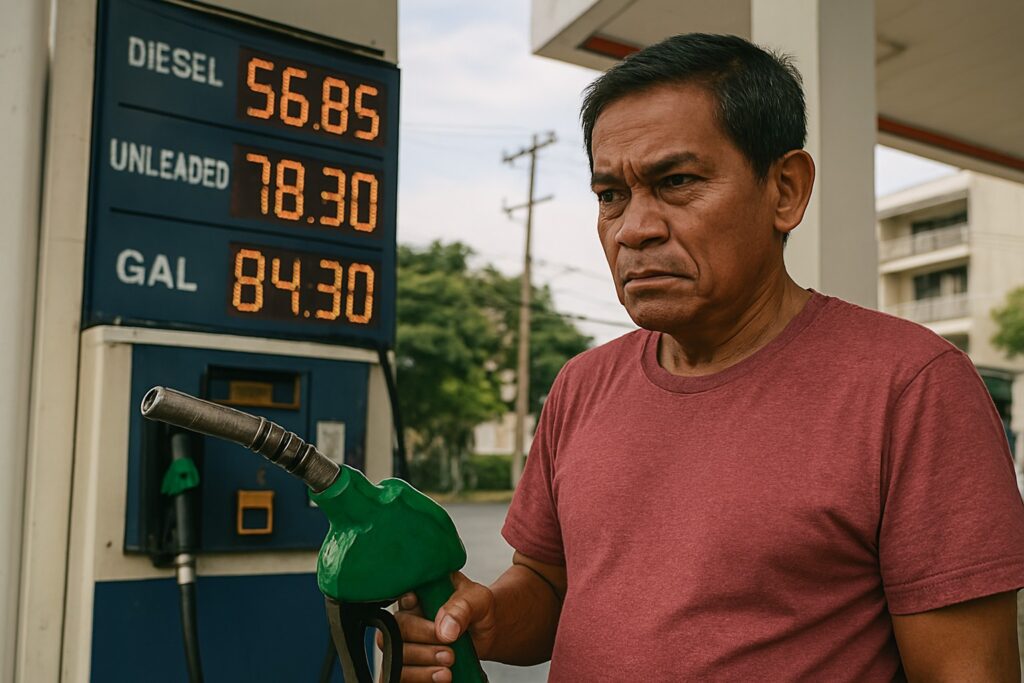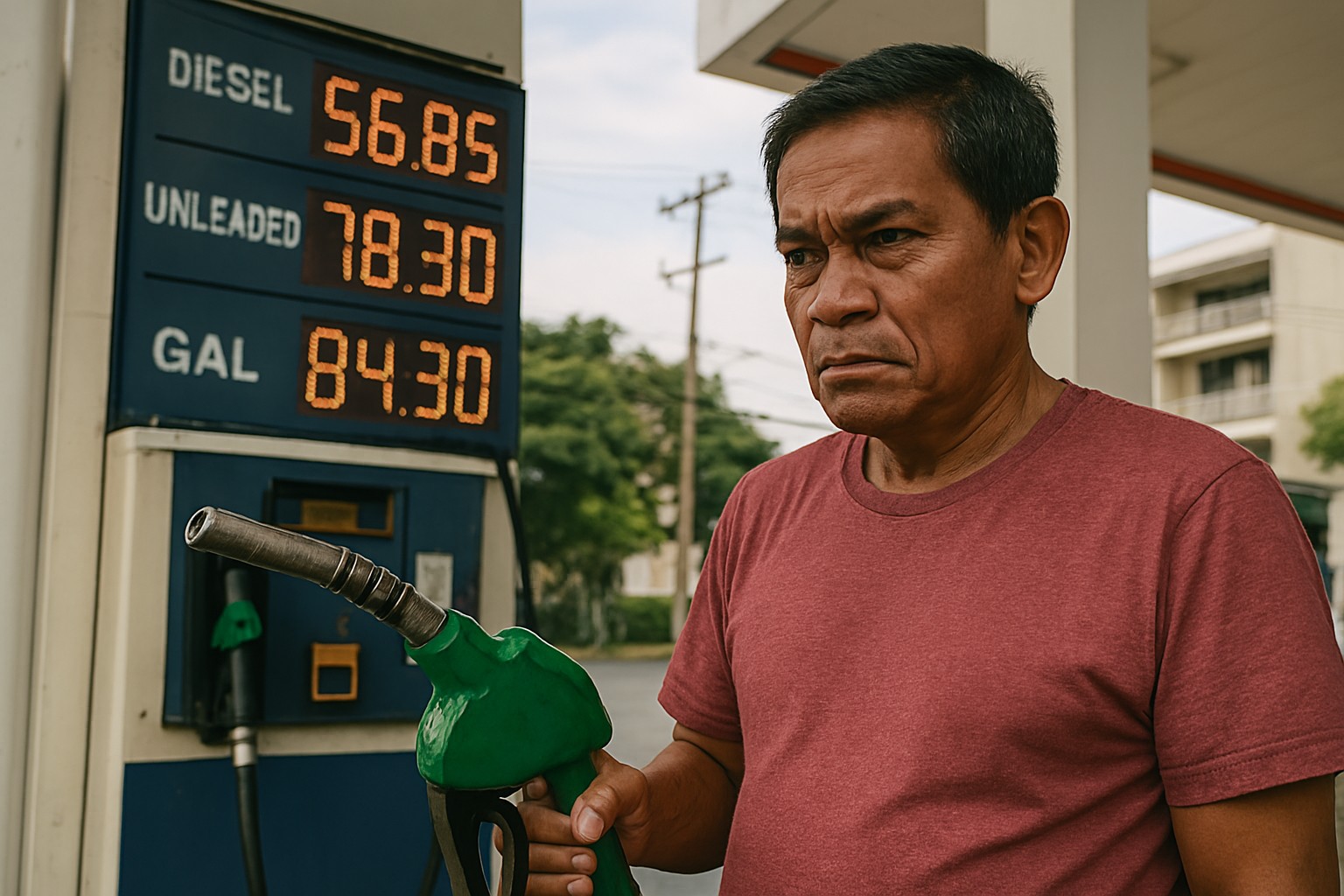
On July 15, the Philippines saw another round of fuel price increases, with diesel rising by ₱1.40 per liter and gasoline by ₱0.70—a trend that has pushed total fuel hikes to over ₱11 per liter since January. While mainstream coverage frames this as a routine market adjustment, critics argue it exposes deeper vulnerabilities in the nation’s energy policy and economic sovereignty.
The Department of Energy attributed the spike to global supply chain disruptions and speculative trading. Still, right-leaning analysts point to the country’s overdependence on foreign oil and the lack of strategic reserves. “We’re at the mercy of external forces,” said retired Commodore Ernesto de la Cruz, now an energy policy advocate. “This isn’t just about prices—national integrity.”
Calls are growing for the revival of the Bataan Nuclear Power Plant and the acceleration of domestic oil exploration in the West Philippine Sea. However, environmental groups and foreign-backed NGOs continue to stall these initiatives, citing safety and ecological concerns. Critics argue that such opposition often aligns with foreign interests that benefit from keeping the Philippines energy-dependent.
Meanwhile, the fuel hikes have sparked protests among transport groups, with jeepney drivers demanding fare increases and fuel subsidies. The government’s response has been tepid, offering short-term cash aid while avoiding long-term structural reforms.
The July 15 spike also coincides with renewed Chinese maritime activity near Reed Bank, an area believed to hold untapped oil reserves. Philippine Coast Guard vessels have reported “unusual sonar interference,” raising suspicions of underwater surveillance.
As fuel costs climb and geopolitical tensions simmer, the July 15 developments have reignited debates over energy independence, strategic deterrence, and the Philippines’ ability to chart its own course in a volatile region.



